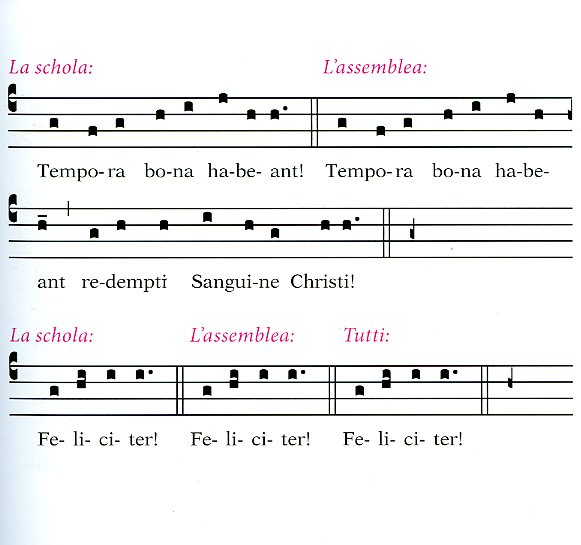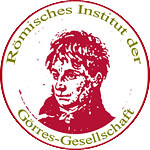The three times ‘Feliciter!’ at the Pope's inaugural mass
Perhaps it has always been like this, but now, at the inaugural mass of Pope Leo XIV, I was surprised to hear the three cries of ‘Feliciter! Feliciter! Feliciter!’, combined with the words “Tempora bona habeant”.
The plural refers to Christians: To them is the wish of good times (Tempora bona habeant). But the threefold ‘Glückauf!’ (Feliciter) probably refers to the Pope. Because already the Roman emperors were cheered in this way, right up to Emperor Constantine, as the inscription DN FL CONSTANTINO MAXIMO FELICITER FELICITER FELICITER - ‘To Our Lord Flavius Constantinus the Greatest Happiness! Happiness! Luck!’ is documented.
Constantly congratulating each other is an ancient Roman custom and has survived in Christian late antiquity and from then until today in the church. The Italians know many ways of congratulating each other: Auguri! Brindisi! Congratulazioni! Vale!
At Leo XIV's inaugural mass, another form of congratulations was offered, in Greek. After the pope had put on his insignia, it was sung: EIS POLLA ETE DESPOTA - ‘To many years, Lord!’ (in Latin this would be: Ad multos annos, domine.
So you can see that the new pope has been showered with congratulations and hopes for a long pontificate, perhaps 25 years like Pope Leo XIII.

- Details
- Written by: Stefan Heid
- Category: Roman notes
 Römisches Institut der Görres-Gesellschaft
Römisches Institut der Görres-Gesellschaft







